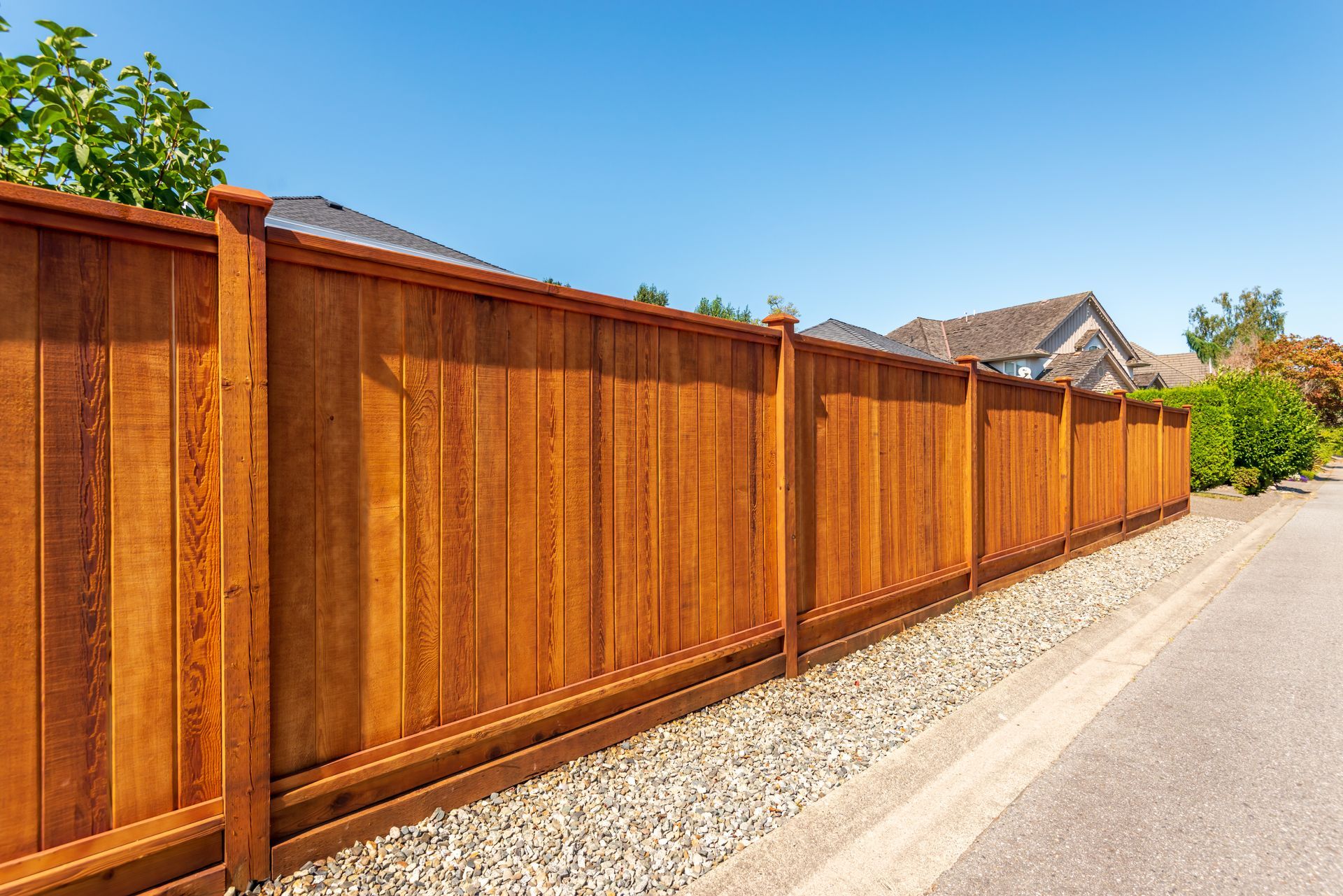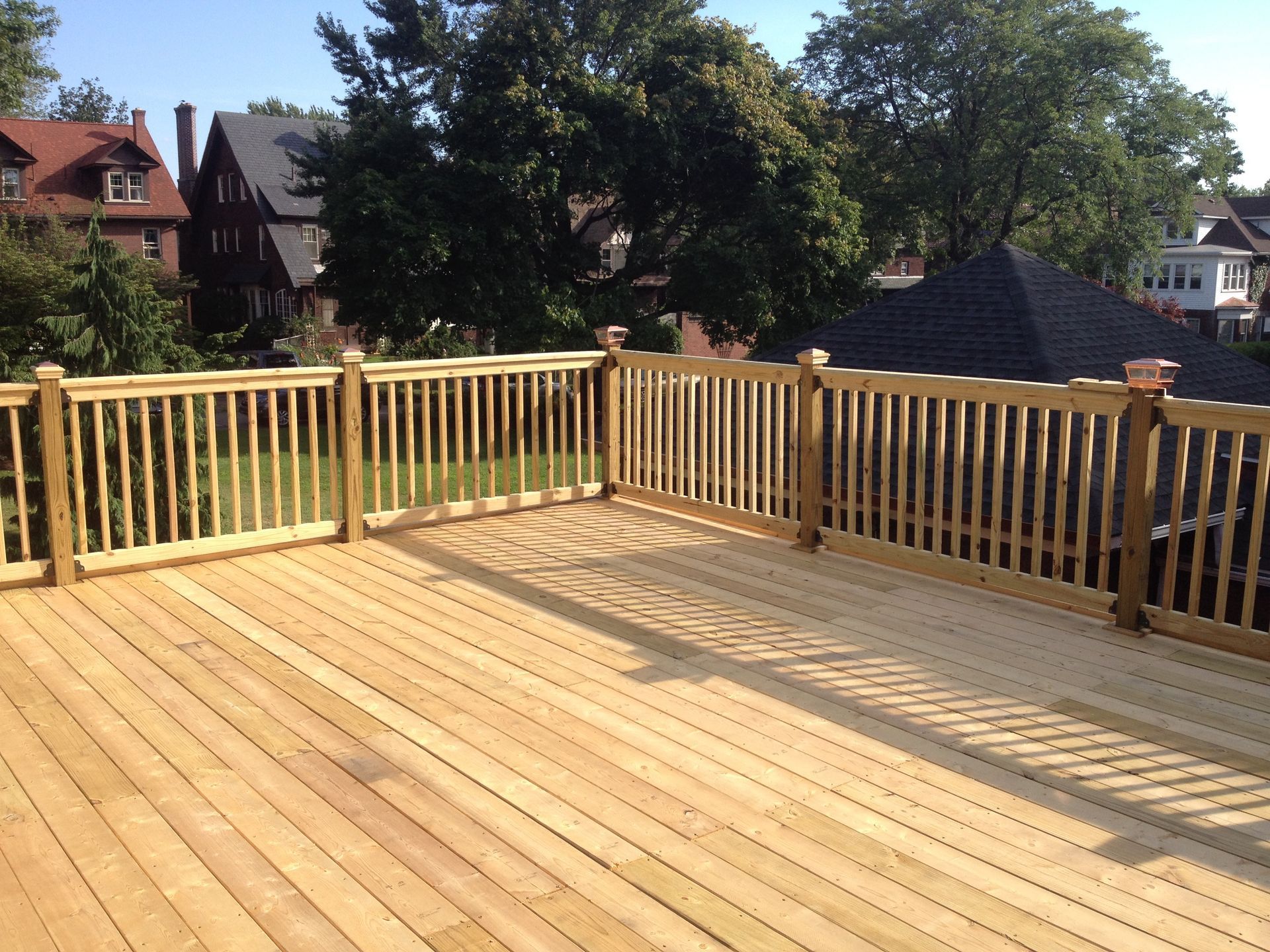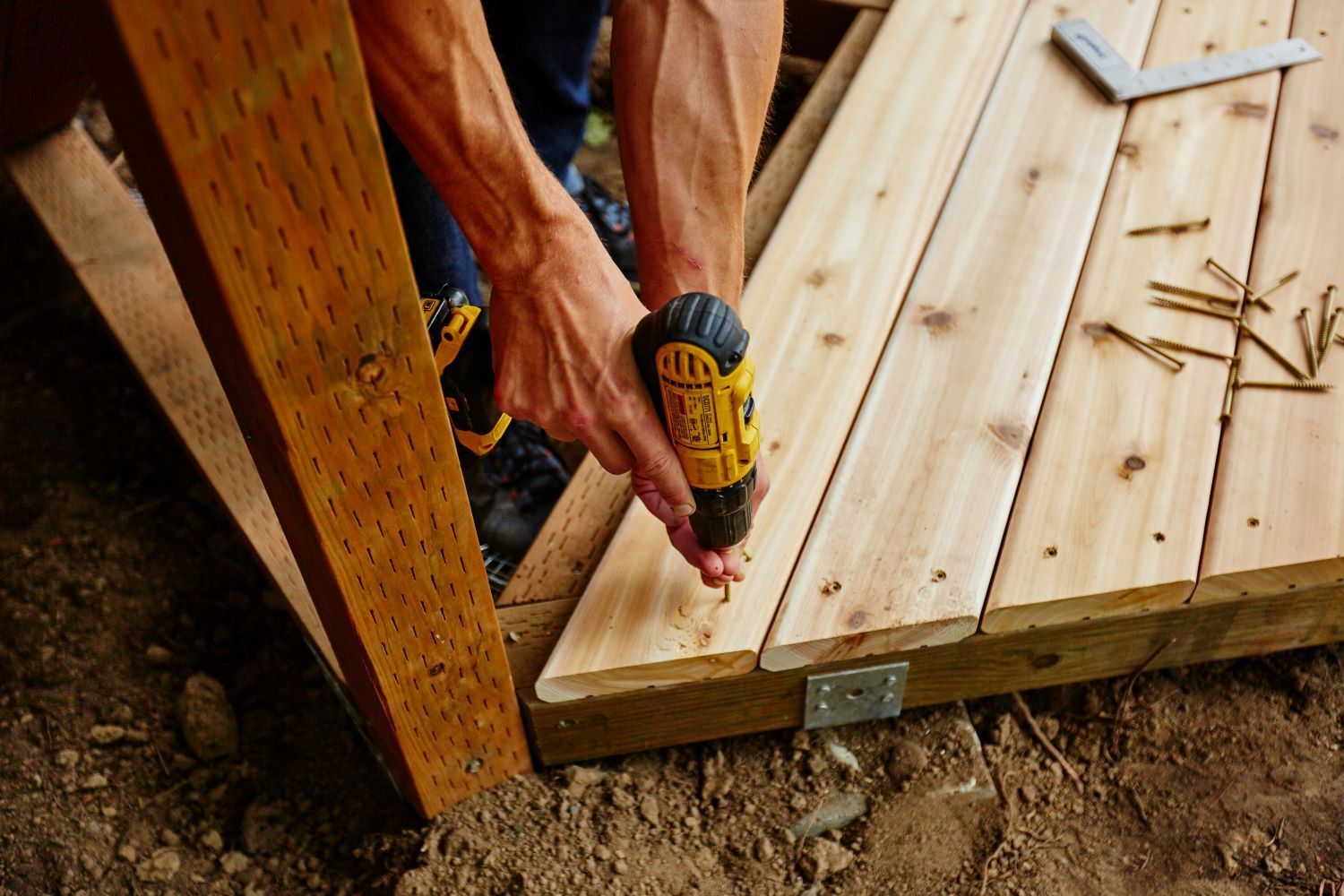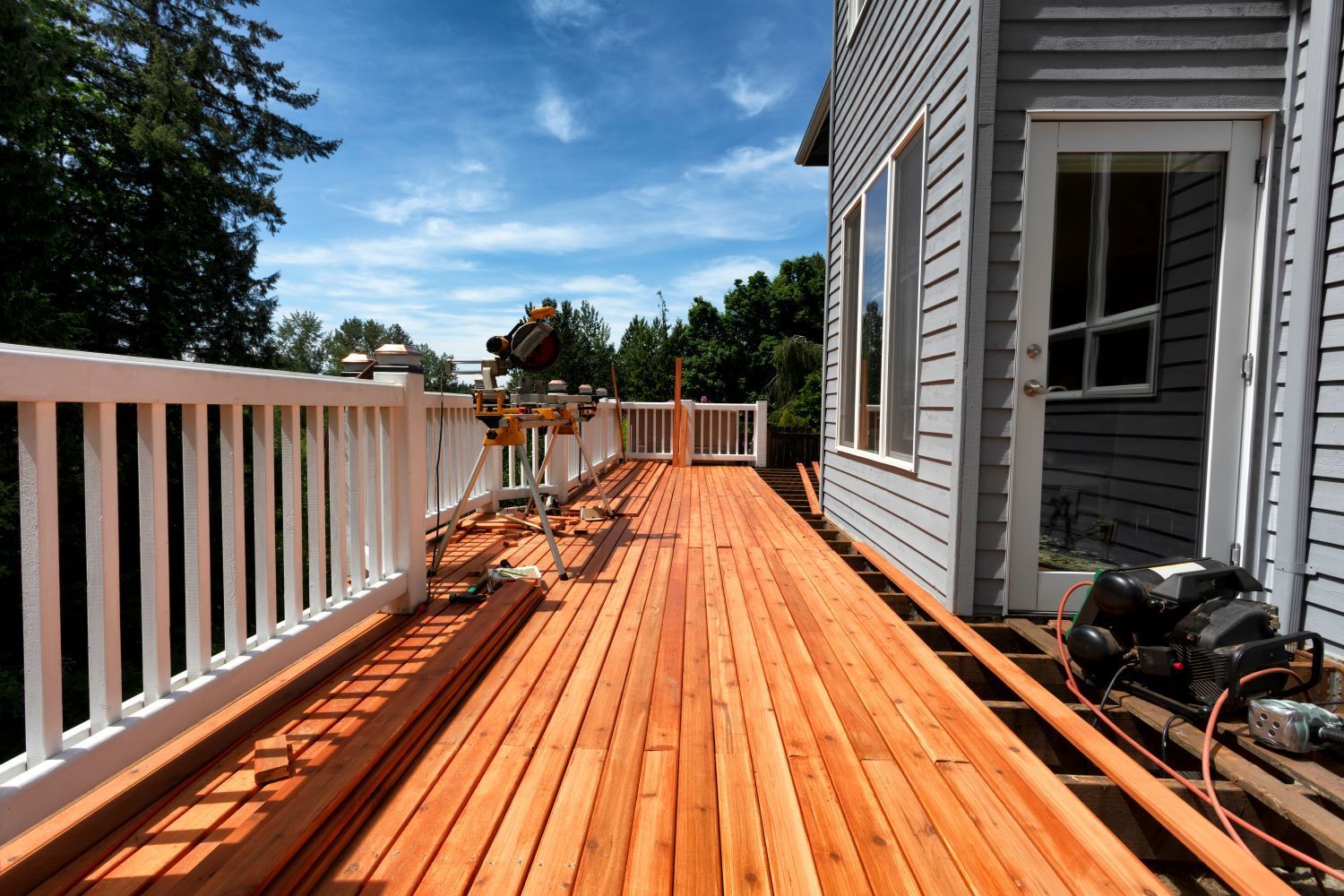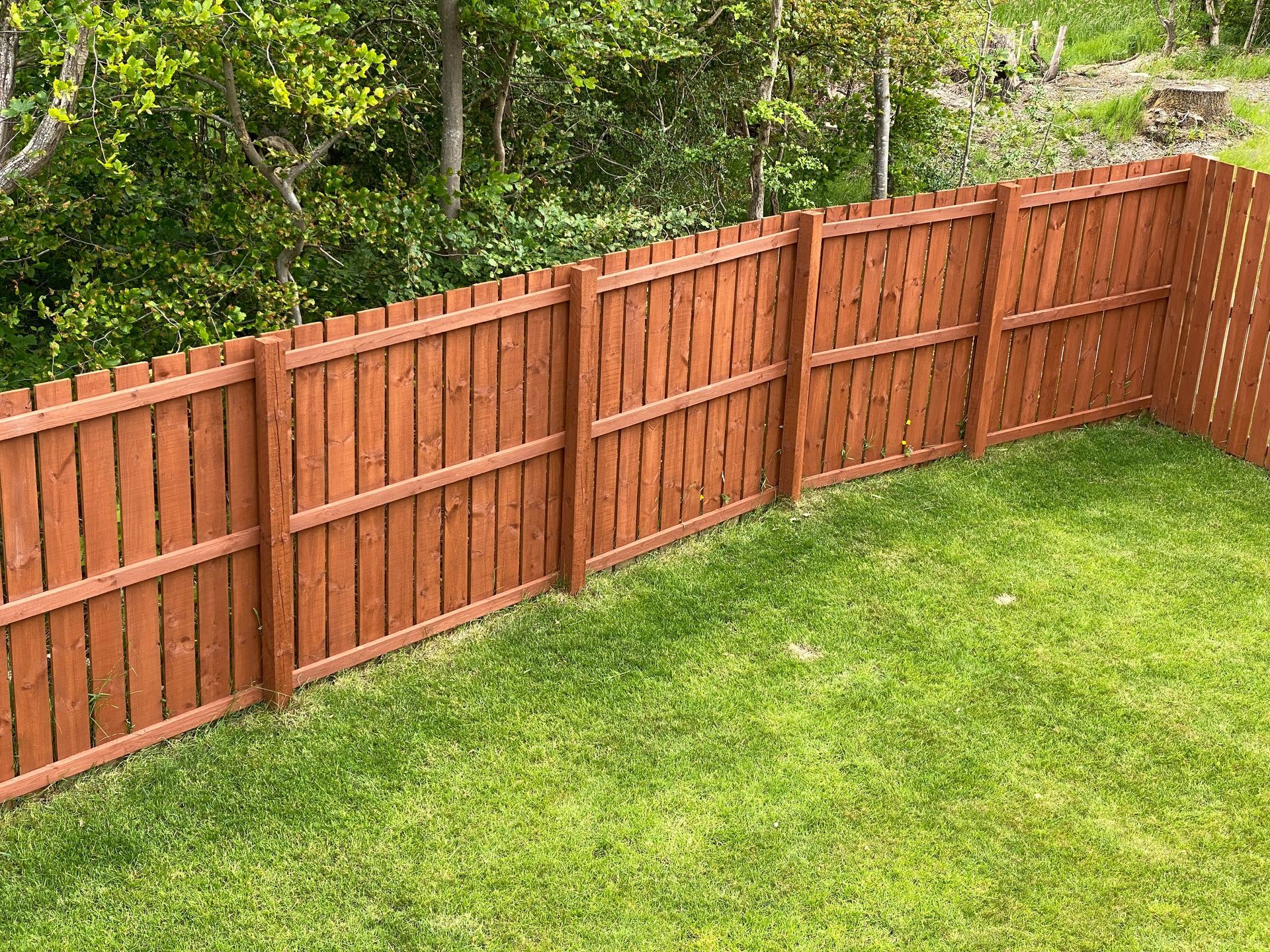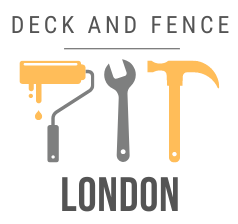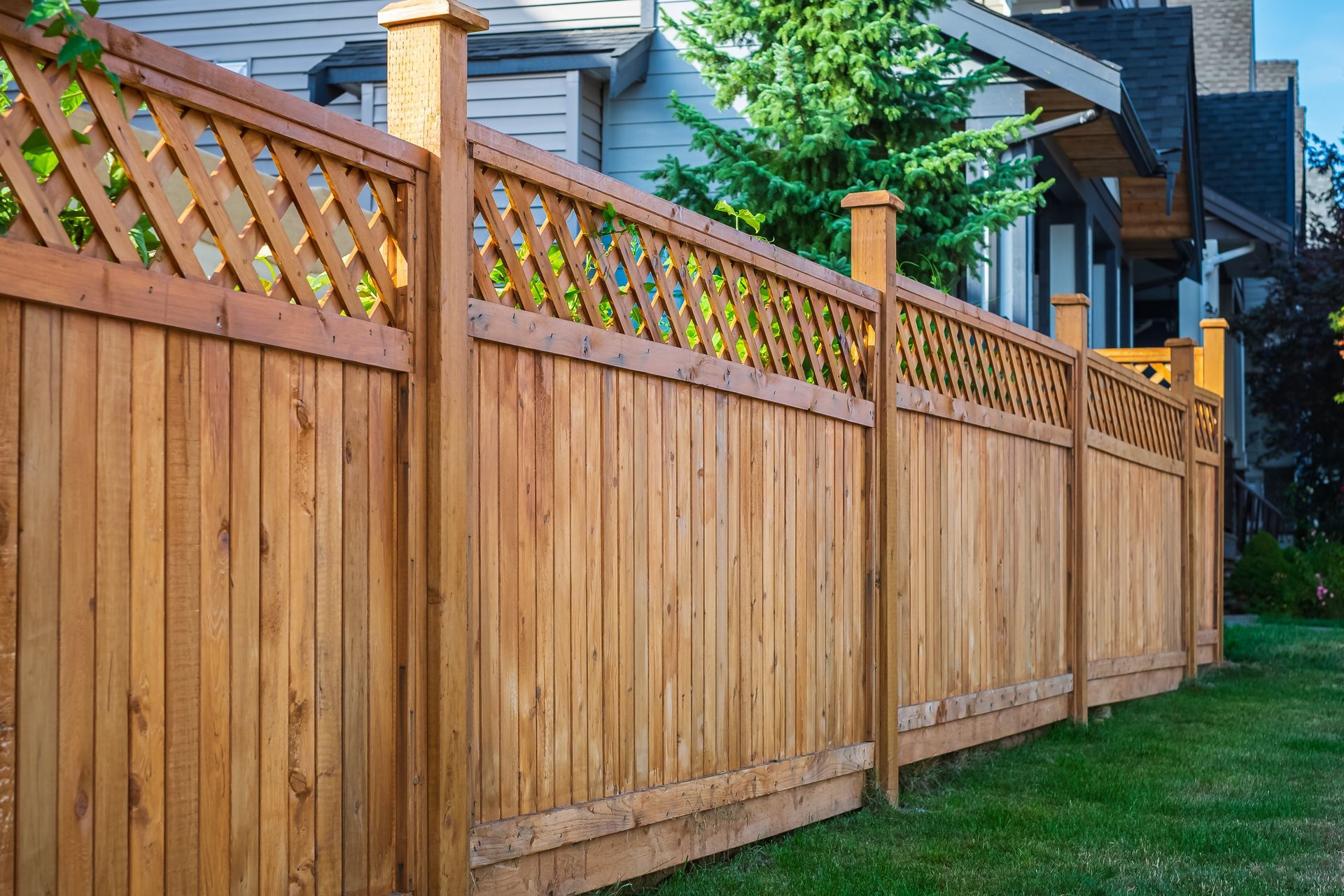Understanding the Lifespan of Different Fence Materials and How to Maintain Them
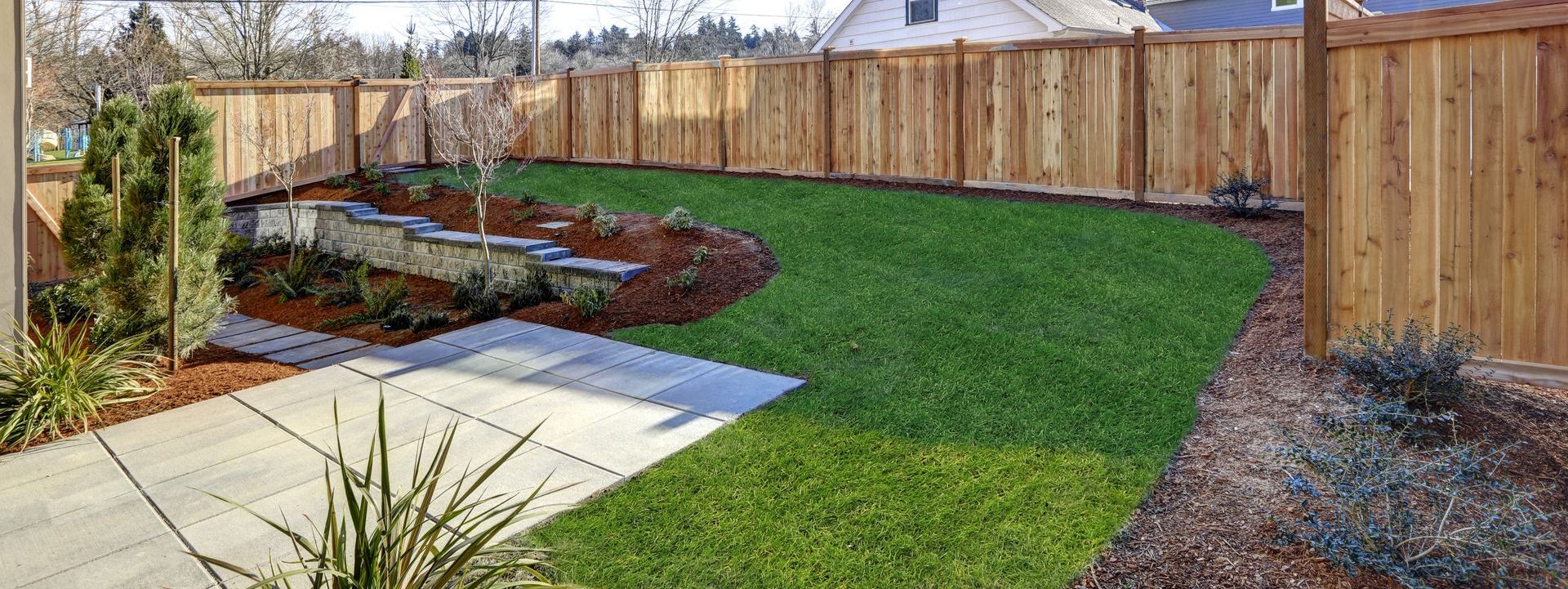
When it comes to fencing your property, choosing the right material is crucial not only for aesthetics but also for longevity and maintenance. Different fence materials have varying lifespans and maintenance requirements, and understanding these differences can help you make an informed decision. At Deck and Fence London, we specialize in providing high-quality fencing solutions tailored to your needs. In this blog, we’ll explore the lifespan of different fence materials and offer maintenance tips to keep your fence looking its best for years to come.
1. Wood Fences
Lifespan: 10-15 years
Wooden fences are popular for their natural beauty and versatility. However, they are susceptible to weathering, rot, and insect damage, which can shorten their lifespan if not properly maintained.
Maintenance Tips:
- Regular Inspections: Check for signs of rot, insect damage, and loose boards.
- Sealing and Staining: Apply a water-repellent sealant and stain every 2-3 years to protect against moisture and UV damage.
- Repairing Damage: Replace any damaged or rotten boards promptly to prevent further deterioration.
- Cleaning: Clean the fence annually with a mixture of water and mild detergent to remove dirt, mold, and mildew.
2. Vinyl Fences
Lifespan: 20-30 years
Vinyl fences are known for their durability and low maintenance. They are resistant to rot, insects, and weathering, making them an excellent long-term investment.
Maintenance Tips:
- Cleaning: Clean the fence with a hose or pressure washer to remove dirt and grime. For tougher stains, use a mixture of water and vinegar or a vinyl-specific cleaner.
- Inspection: Periodically inspect the fence for cracks or damage and repair any issues promptly.
- Avoid Harsh Chemicals: Do not use abrasive cleaners or solvents that can damage the vinyl surface.
3. Aluminum Fences
Lifespan: 20-30 years
Aluminum fences offer a sleek, modern look and are highly resistant to rust and corrosion. They are a great option for homeowners seeking a low-maintenance fencing solution.
Maintenance Tips:
- Cleaning: Clean the fence with water and a mild detergent to keep it looking new.
- Inspection: Regularly inspect the fence for any signs of damage or loose components and tighten or replace as needed.
- Painting: If the paint starts to chip or fade, consider applying a fresh coat to maintain the fence’s appearance.
4. Chain-Link Fences
Lifespan: 15-20 years
Chain-link fences are durable and cost-effective, making them a popular choice for both residential and commercial properties. However, they may not offer the same aesthetic appeal as other materials.
Maintenance Tips:
- Rust Prevention: Apply a rust-inhibiting spray to the metal components to prevent corrosion.
- Cleaning: Clean the fence with a mixture of water and detergent to remove dirt and debris.
- Repairs: Replace any damaged or bent sections promptly to maintain the fence’s integrity.
5. Composite Fences
Lifespan: 25-30 years
Composite fences, made from a mixture of wood fibers and plastic, combine the aesthetic appeal of wood with the low maintenance of vinyl. They are resistant to rot, insects, and weathering.
Maintenance Tips:
- Cleaning: Clean the fence with a hose or pressure washer and a mild detergent.
- Inspection: Check for any loose or damaged components and repair them as needed.
- Avoid Harsh Chemicals: Use only composite-friendly cleaners to avoid damaging the material.
Conclusion
Understanding the lifespan and maintenance requirements of different fence materials is essential for making an informed decision about your fencing needs. At Deck and Fence London, we are committed to helping you choose the best fence for your property and providing expert installation and maintenance services. Whether you prefer the classic look of wood, the durability of vinyl, or the modern appeal of aluminum, we have the perfect solution for you.
Contact us today to learn more about our fencing options and to schedule a consultation.
